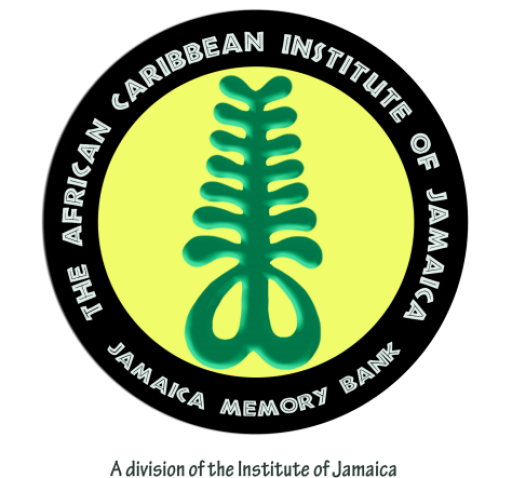NO VOTE, NO SAY! DISENFRANCISEMENT
During the colonial period, representative politics was not encouraged for fear of anti-colonial sentiments, racial conflict and dominance by the once enslaved black population. Free blacks and coloureds were only able to vote after 1830, if they met the land requirement of property worth £3000, a freehold worth £300 or £10 pounds per year in direct taxes. Coloured men were the first non-white members of the assembly.
Dr. Joseph Robert Love was elected to the Kingston City Council in 1898 and then the Legislative Council in 1906
By 1852, thirty-six percent of the Assembly consisted of brown and black men and it increased by fifty percent in 1860. This ended in 1865 as the assembly voted to return to Crown Colony government after the Morant Bay Rebellion largely out of fear of the emerging black middle class whose influence in the local vestries were growing and a resolve to seek protection from the metropolitan state against the numerical superiority of the black populace.
Marcus Mosiah Garvey
The franchise was reintroduced in 1884 and two years later blacks dominated. Sadly, this did not translate into political or economic power for the general populace who remained excluded from the voting process. The powerlessness of the masses later rendered the island’s first political party, the People’s Political Party ineffective despite the popular support which Garvey, the party’s leader galvanized. It was not until 1944 when Universal Adult Suffrage was won that ordinary Jamaicans had a voice in the politics of the land.
